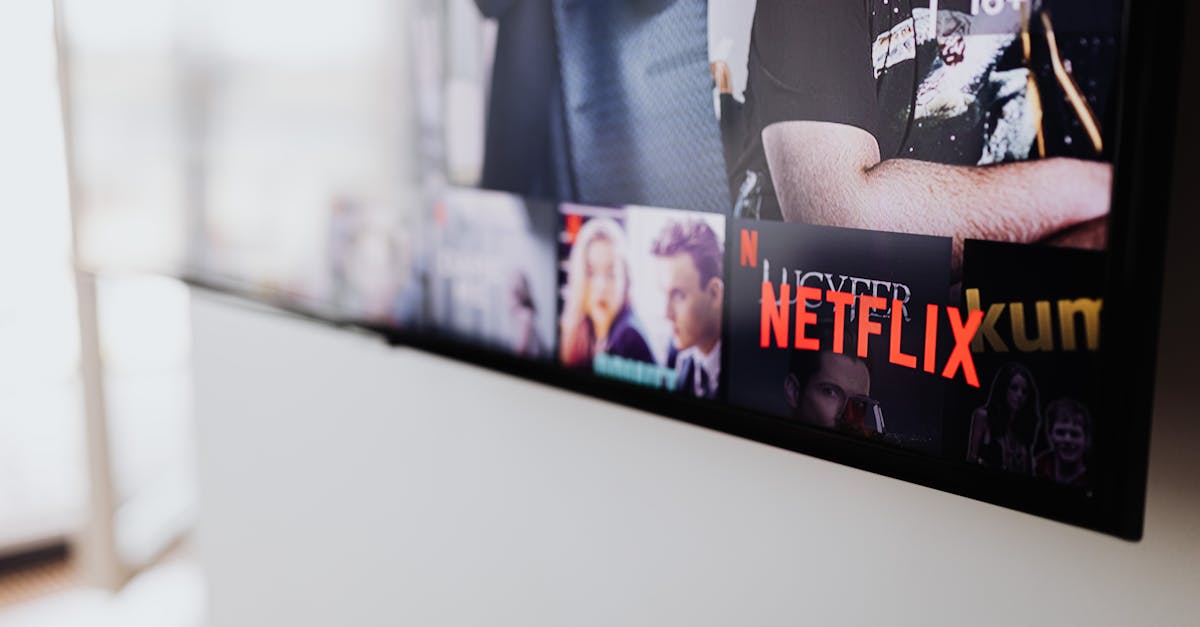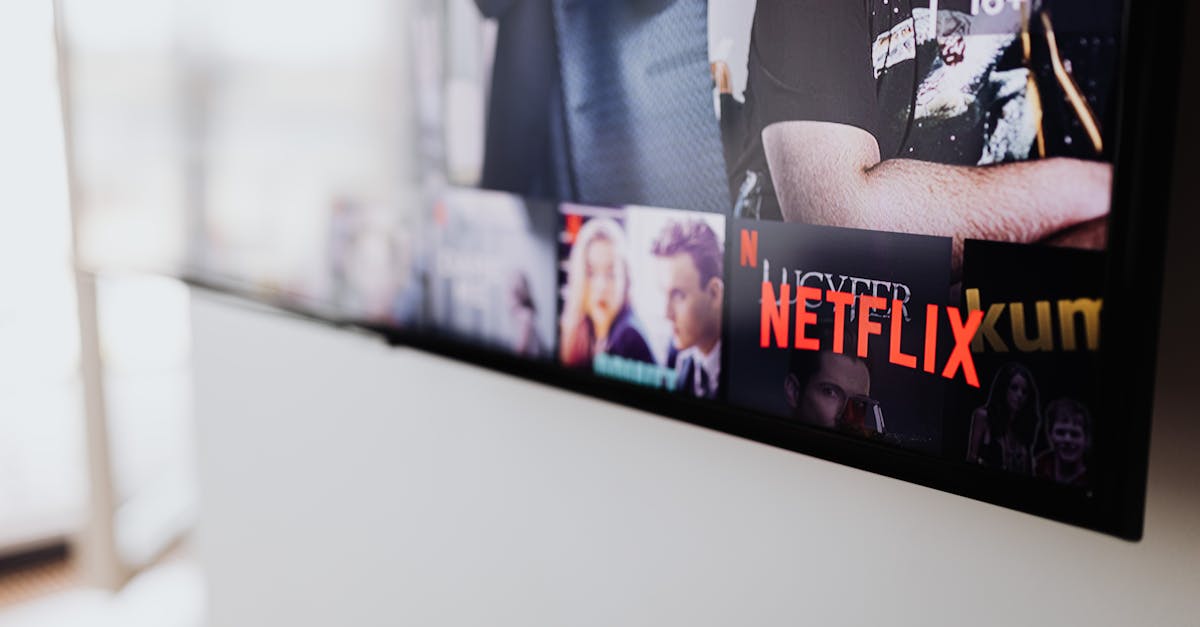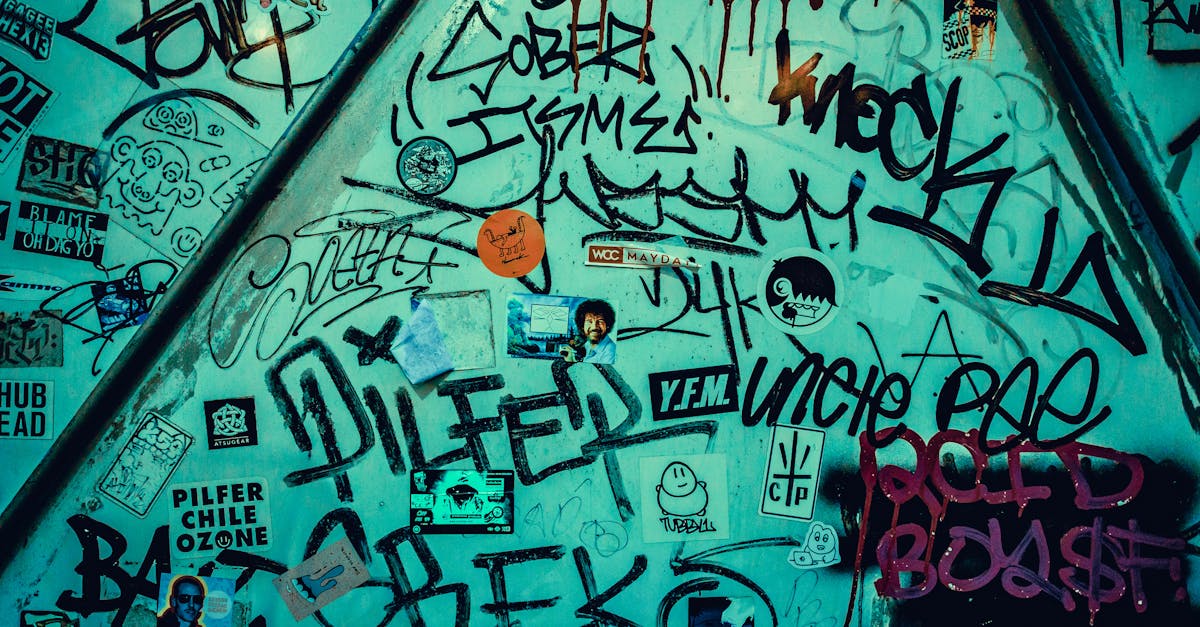Nostalgia Fuels Hollywood's Reboot Craze
Introduction
Nostalgia is a powerful force, particularly in the realm of entertainment, where it can evoke fond memories from the past. From childhood cartoons to beloved film franchises, the desire to relive those comforting moments has driven a resurgence of reboots in Hollywood. In recent years, audiences have witnessed a steady stream of familiar characters and stories returning to screens big and small. But what lies behind this revival craze? Why are audiences clamoring for updated versions of classic stories instead of embracing new narratives? This article delves into the factors fueling Hollywood's love affair with nostalgia-driven reboots, dissecting both industry tactics and audience demands.
Advertisement
Revisiting Cultural Icons
Revisiting iconic films and TV shows gives audiences an opportunity to reconnect with cherished cultural touchstones. Popular media from the past, such as 'Star Wars' and 'The Lion King,' hold a timeless charm that resonates across generations. Studios, by tapping into these powerful brand names, are assured a built-in fanbase ready to support any new installments. Moreover, these cultural icons offer a sense of continuity, allowing audiences to experience both the comfort of familiarity and the thrill of new worlds. Fans appreciative of these celebrated stories are more than willing to embrace modern retellings or sequels that enhance and expand the original narratives.

Designecologist/Pexels
Advertisement
Psychological Pull of Nostalgia
Nostalgia acts as a psychological anchor, providing individuals with warmth and security in an increasingly complex world. In times of uncertainty, people often turn to familiar stories as a form of escapism. These narratives remind us of simpler times and rekindle personal connections to formative experiences. Experts suggest that engaging with nostalgic content can even alleviate stress and promote positive emotions, creating a powerful incentive for audiences to embrace reboots. This emotional engagement encourages viewers to re-invest in worlds they once dearly cherished, fostering renewed interest and enthusiasm for updated versions.
Advertisement
Market Strategy and Risk Mitigation
From a business perspective, remaking classic films and TV shows is a calculated strategy to minimize financial risk. Investing in original content carries inherent uncertainties, whereas established properties offer a measure of security. Known franchises come with a recognizable brand, reducing the need for extensive marketing and ensuring an existing consumer base. The allure of innovation may drive forward-thinking creators; however, for large studios focused on profitability, rebooting products with proven success remains an attractive option. As long as familiar stories continue to yield profitable returns, Hollywood will likely remain attached to this nostalgia-driven strategy.
Advertisement
Creative Opportunities for Filmmakers
Reboots give filmmakers a chance to reinterpret beloved narratives through modern sensibilities. With advancements in technology, creators can update effects and enhance storytelling, providing fresh perspectives on classic plots. This creative process allows filmmakers to explore untapped elements of a narrative or to address previously overlooked social themes. By breathing new life into classic tales, storytellers have the opportunity to cater to both loyal fans and new audiences. In this sense, reboots offer both continuity and evolution, preserving the essence of original works while adapting to contemporary audiences' expectations.
Advertisement
Cultural Reflection and Relevance
Reviving past works enables filmmakers to adapt enduring stories to contemporary contexts, making them relevant to today's audience. By addressing current societal issues, reboots can resonate with modern viewers and spark meaningful discourse. This adaptive storytelling allows classic narratives to evolve in tandem with cultural shifts, enriching and redefining their messages. Filmmakers can tackle topics like diversity, inclusion, and technological advancement, offering fresh perspectives to familiar tales. As they reflect on ongoing societal change, these re-envisioned works invite both introspection and enthusiasm from audiences ready to engage with them.
Advertisement
Audience Expectations and Engagement
Fans play a crucial role in driving demand for nostalgia-infused content. Through social media, fan communities frequently express their desires to revisit beloved characters or explore unexplored plotlines. This vocal advocacy can influence studio decisions, resulting in reboots that cater to popular fan requests. Meanwhile, interactive fandoms fuel engagement, as passionate discussions, fan fiction, and theories foster a lively community spirit. In an era where audiences actively interact with creators and franchises, meeting these expectations becomes essential for maintaining a healthy relationship between brands and their followers.
Advertisement
Balancing Originality and Nostalgia
While reboots undoubtedly thrive on nostalgia, they must balance renewing interest with creativity. Excessive focus on recycled content can risk oversaturation and, ironically, audience fatigue. Encouraging originality alongside reboot installments presents opportunities for fresh narratives to emerge. Successful franchises often integrate new characters or spin-off stories that expand their universes and maintain fan interest. Initiating dialogue between timeless classics and new imaginative ventures ensures a diversified storytelling landscape that pleases both nostalgia seekers and novelty enthusiasts alike.
Advertisement
Challenges and Criticism
Despite their popularity, reboots are not devoid of criticism. Some argue that Hollywood's reliance on remakes stifles creativity and diversity, crowding out innovative and original content. Others critique that reboots can dilute the magic of the original work, rendering cherished stories inadequate for future generations. To address these challenges, studios must strike a balance between celebrating nostalgia and championing fresh voices. Encouraging filmmakers to marry reverence for the past with creative risk-taking can help sustain audiences' interest while enriching the cultural canon.
Advertisement
Conclusion
In an era of entertainment where nostalgia reigns supreme, Hollywood's love affair with reboots is fed by a blend of emotional connection, market strategy, and creative potential. These revitalizations enable storytellers to resurrect beloved tales with modern flair, resonating deeply with audiences across generations. However, maintaining a delicate balance between cherished narratives and innovative storytelling is essential for sustaining enthusiasm and driving future audience engagement. As the industry navigates these dynamics, it must harness nostalgia's power without curbing originality, ensuring a diverse and captivating future for all of entertainment.
Advertisement


